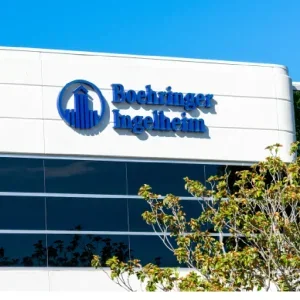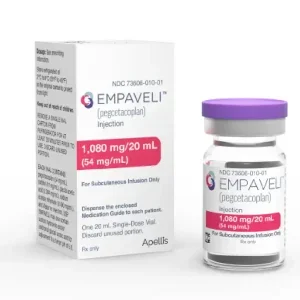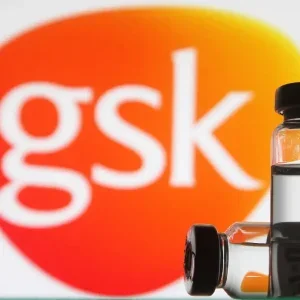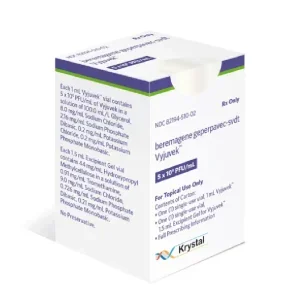Roche said that its investigational therapy, Inavolisib, in combination with palbociclib (Ibrance) and fulvestrant has met the primary endpoint in the Phase 3 INAVO120 trial of certain breast cancer patients.
Inavolisib is an investigational, oral targeted therapy. It is designed to offer well-tolerated, durable disease control and possibly enhance the results of breast cancer patients.
The late-stage study assessed the Inavolisib combination as a potential first-line treatment alternative in those with PIK3CA-mutated, hormone receptor (HR)-positive, HER2-negative, endocrine-resistant, locally advanced, or metastatic breast cancer.
The trial achieved progression-free survival (PFS), which was defined as the primary endpoint.
According to the results, the combination showed a statistically significant and clinically meaningful improvement against palbociclib and fulvestrant alone.
In addition, the overall survival data were immature at this time, but a clear positive trend was noted.
The Swiss pharmaceutical firm said the follow-up of the trial will continue to the next analysis.
Furthermore, no new safety signals were noticed, and the Inavolisib combination was well tolerated.
The observed adverse events were in line with the established safety profiles of the individual study treatments.
Roche chief medical officer and global product development head Levi Garraway said: “These pivotal study results for this inavolisib combination could represent a transformative medical advance for people with PIK3CA-mutated HR-positive breast cancer.
“We look forward to expanding our portfolio of breast cancer medicines into the HR-positive space and bringing this potentially best-in-class new treatment option to patients as quickly as possible.”
The INAVO120 study is a randomised, double-blind, placebo-controlled trial to assess the efficacy and safety of the Inavolisib combination.
It enrolled 325 patients who were randomised to receive either the investigational or control treatment arm.
Key secondary endpoints include overall survival, objective response rate, and clinical benefit rate.
Currently, the therapy is being evaluated in three Phase 3 clinical studies in people with PIK3CA-mutated metastatic breast cancer in various combinations.






